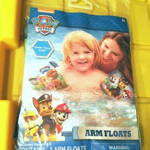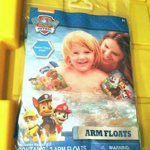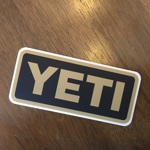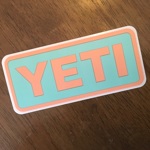FREE: Kreed "Fortress" Sunglasses

A member of Listia gave this away for free!
Do you want FREE stuff like this?
Listia is 100% Free to use
Over 100,000 items are FREE on Listia
Declutter your home & save money

"Listia is like EBay, except everything is free" - Los Angeles Times

"An Awesome Way To Give And Get Free Stuff" - Michael Arrington, TechCrunch
This Stuff is Free Too:

FREE

FREE

FREE

FREE

FREE
The listing, Kreed "Fortress" Sunglasses has ended.
Listia: FREE Retail: $34.95Fortress brand refers to "Psalm 18:2", which is printed on frame. Blocks 100% of harmful UVB rays and conforms to USA (ANSI) standards for sunglass' lenses. Impact resistant under normal conditions.
~ Sporty, Wrap Shape
~ Black Frame
~ Smoke Lens
~ Silver "Kreed" Logo
~ POLARIZED
~ UV 400 Protection
Kreed "Fortress" Sunglasses is in the Sporting Goods | Other Sporting Goods category

